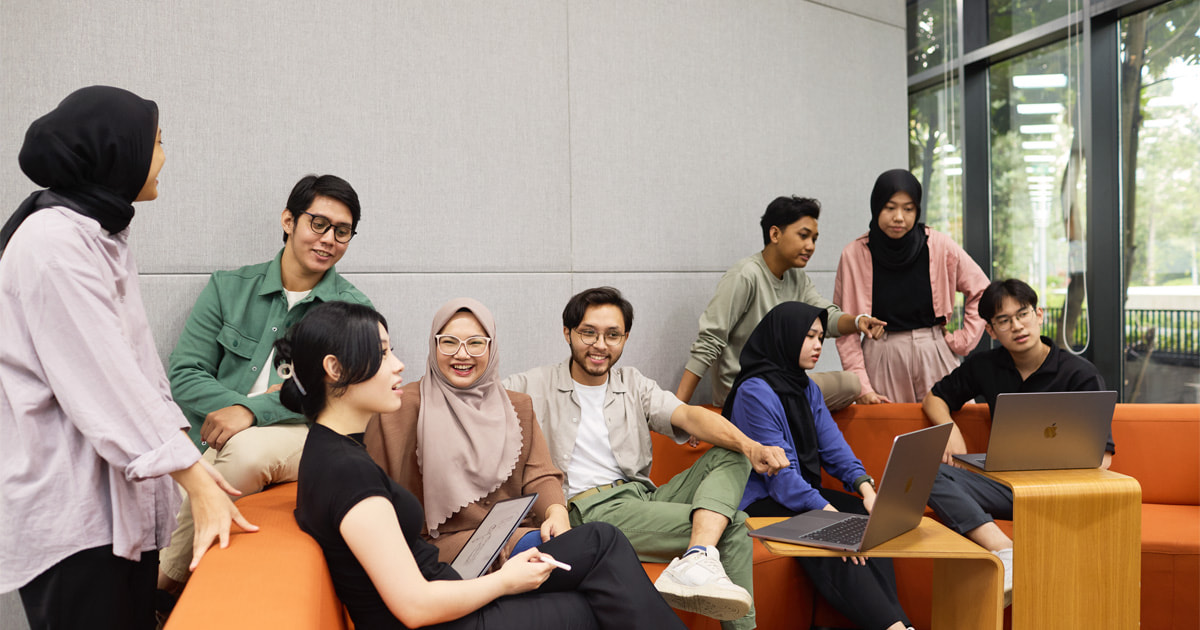A USC researcher has been awarded a prestigious National Health and Medical Research Council grant worth more than $1.2million to help find the underlying neurobiological factors that cause chronic fatigue syndrome and help diagnose it faster.
Also known as myalgic encephalomyelitis, the debilitating illness is often described as an ‘invisible’ health condition and affects between 94,000 and 242,000 Australians.
Symptoms include extreme exhaustion, headaches, and sore or aching muscles. There is currently no single test to diagnose the illness or any approved treatment or cure.
The five-year research grant will support Dr Zack Shan, a Senior Research Fellow from USC’s Thompson Institute, further explore his recent hypothesis that abnormal neurovascular coupling may be the underpinning cause of chronic fatigue syndrome.
“Neurovascular coupling – known as NVC – refers to the regulation of cerebral blood flow to match brain activity, which is critically important for normal brain function,” Dr Shan said.
“The grant will allow us to develop innovative neuroimaging practices to help accurately assess NVC and test our hypothesis,” he said.
Dr Shan said the ultimate objective is to uncover a diagnostic neuromarker that can be used to definitively diagnose chronic fatigue syndrome.
“As many as 80 percent of patients who suffer from chronic fatigue say they’ve struggled to get a diagnosis and were often depressed because of a lack of a diagnostic test and medical understanding of the disease processes,” he said.
“Understanding the brain disease process of the illness will help us to design biologically based therapeutic interventions and make the journey to diagnosis easier for patients.”
Dr Shan said the world-leading study will also help to advance the broader neuroimaging research field by offering a new way to investigate NVC dysfunction that also contributes to other major neurodegenerative diseases.
As Chief Investigator, Dr Shan will collaborate with four other experts in neurology, radiology and chronic fatigue, including American professor Vince Calhoun, a leader in developing techniques for making sense of brain imaging data.
Thompson Institute Director Professor Jim Lagopoulos said that the National Health and Medical Research Council’s Ideas Grant scheme was extremely competitive and supported innovative research projects that addressed a specific question.
“This announcement is a real testimony to the excellence of Dr Shan as a researcher and the innovative nature of the research being conducted at the Thompson Insitute,” he said.







